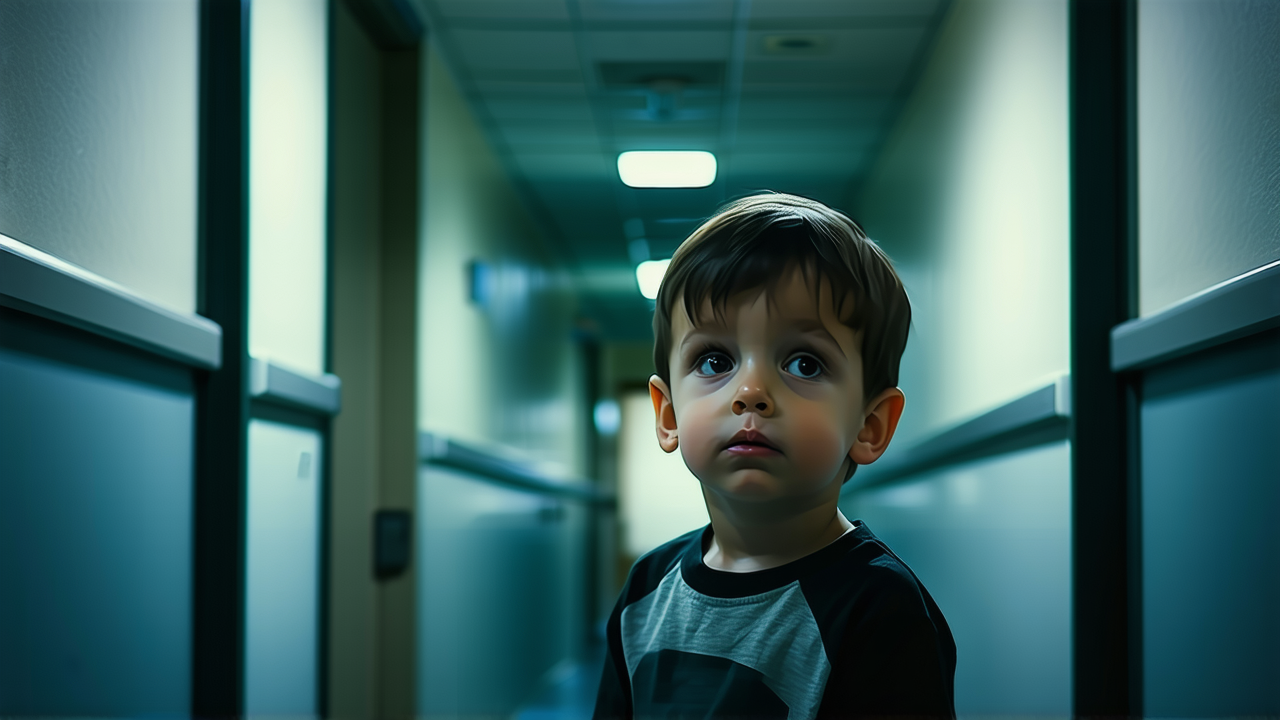Long Wait Times for Autism Assessments Leave Families in Limbo
Long Wait Times for Autism Assessments Leave Families in Limbo
Families in Auckland are increasingly turning to expensive private assessments for their children due to prolonged wait times in the public system for autism diagnoses. For many, the journey to a diagnosis has been long, painful, and full of uncertainty.
Rocky Xu, a father of a three-year-old boy named Lucas, spent 18 months navigating the public system before receiving a formal autism diagnosis for his son. The wait began in early 2023 when Xu noticed Lucas was nonverbal and exhibited signs of autism. After an initial GP referral that took four months, the family finally received a diagnosis in August 2024. In the meantime, they had no choice but to pay for a private assessment, which cost them $800.
Rocky Xu is not alone in his struggle. Yuan Fang, a mother of a seven-year-old boy named Jining, waited over 15 months for a diagnosis, a period that tested the limits of her patience and resilience. During that time, Jining's behavior became increasingly difficult to manage, and the family found themselves in a situation where they had to call the police for help. At school, Jining often came home hungry, with his lunchbox either smeared with sunscreen or kicked aside by other students.
"It was such a dark time, and every step forward felt difficult," Fang said. "My only hope came from what the social worker told me - that things would get better once he was diagnosed."
A 2020 report by Autism New Zealand found that the average wait time for an autism diagnosis in the public system was 10.9 months. However, the organization's chief executive, Dane Dougan, noted that in some cases, the wait can stretch to three years. He explained that the diagnostic system is under-resourced and lacks enough trained professionals to meet the demand.
"Autism involves a range of behaviors and can be difficult to diagnose," Dougan said. "There's also a lack of resources in the diagnostic system, and not enough trained professionals to meet the demand."
The process of diagnosing autism typically begins with a GP referral to a developmental or pediatric service. The referral is then forwarded to a local District Health Board (now part of Health New Zealand), where the child is placed on a waitlist for a multi-disciplinary assessment with professionals such as pediatricians, psychologists, and speech-language therapists.
Dougan emphasized that a formal diagnosis is the "key to unlocking the door" to support, noting that families cannot access government services for an autistic child without it. However, the wait for a diagnosis is often too long, and in some cases, families are forced to seek private assessments, which can be costly and inaccessible for many.
Yuchen Lin, a speech-language therapist and former member of the Ministry of Education's Learning Support team, said that part of the delay stems from issues with GP referrals. Some GPs lack a full understanding of how to write effective referrals, leading to delays or rejections. She also noted that many parents, especially those from Chinese families, are unfamiliar with the process and may not know how to follow up with their GP, leaving them waiting in limbo.
"Some parents may dismiss their child's behavior as part of adjusting to a new country or fear the stigma associated with an early diagnosis," Lin said. "Such hesitation can delay early intervention, which is critical to a child's development."
Early intervention can begin as early as age two or three and plays a vital role in language, behavior, and overall development. It doesn't require a confirmed diagnosis and can happen alongside the assessment process.
Xu experienced this hesitation firsthand. "I couldn't accept that he had autism," he recalled. "Even on the day we saw the specialist, I kept insisting it was just developmental delays or a language disorder. But whether the diagnosis comes early or late doesn't change the outcome. The earlier you start preparing, the better."
Lin also emphasized the need for stronger translation services to ensure timely and accurate communication for non-English-speaking families. "Professional interpreters need to use clear, simple language with families and appropriate terminology with specialists," she said. "They are the bridge between the two."
The Chinese Family Disability Support Group, which assists over 300 Chinese families in Auckland with autistic children, reported that a growing number are turning to costly private assessments as public wait times stretch to 18-24 months. Many newly diagnosed families also rely on private services for support, struggling to navigate New Zealand's complex disability system.
"Disability services here operate very differently from those in China," said Yoky Yao, the group's disability cultural advisor. "It takes time and experience to understand how the system works. Many families miss out on support their children are eligible for."
Yao added that while some families can afford private services, it's more beneficial in the long run to engage with the public system. Even when support is available, parents cannot simply hand over responsibility to professionals - they need to learn and work alongside them.
Fang encouraged parents to prioritize their own wellbeing. "Caring for an autistic child is emotionally demanding and requires long-term commitment," she said. "To support your child over time, you need to stay strong - and that means taking care of yourself first."
If you or someone you know is struggling with the process of obtaining an autism diagnosis, there are resources available. Families can contact Autism New Zealand at 0800 288 476, Kaikaranga at 0800 824 5872, Spectrum Care at 09 643 3790, or Disability Connect at 09 636 0351.
